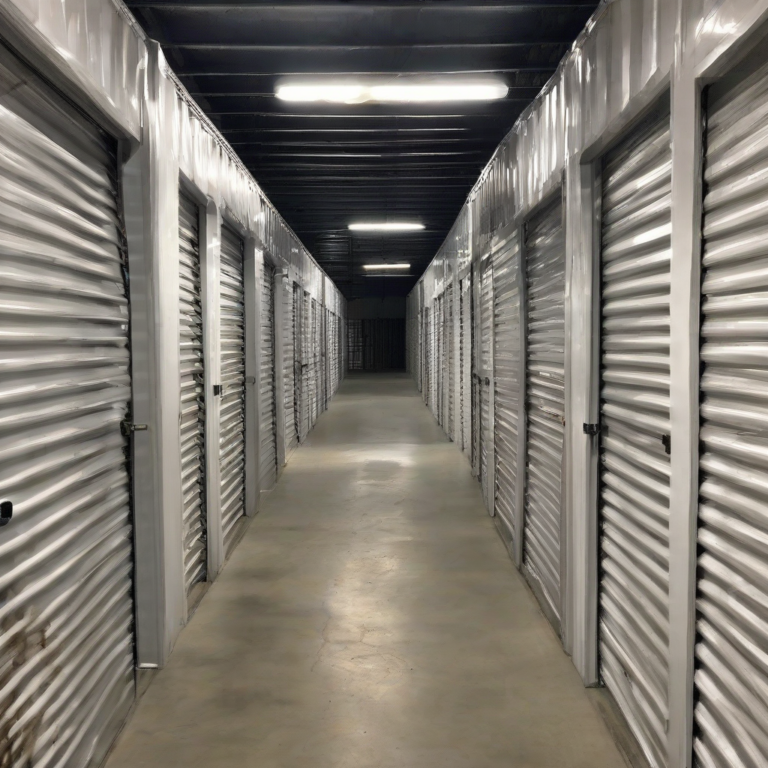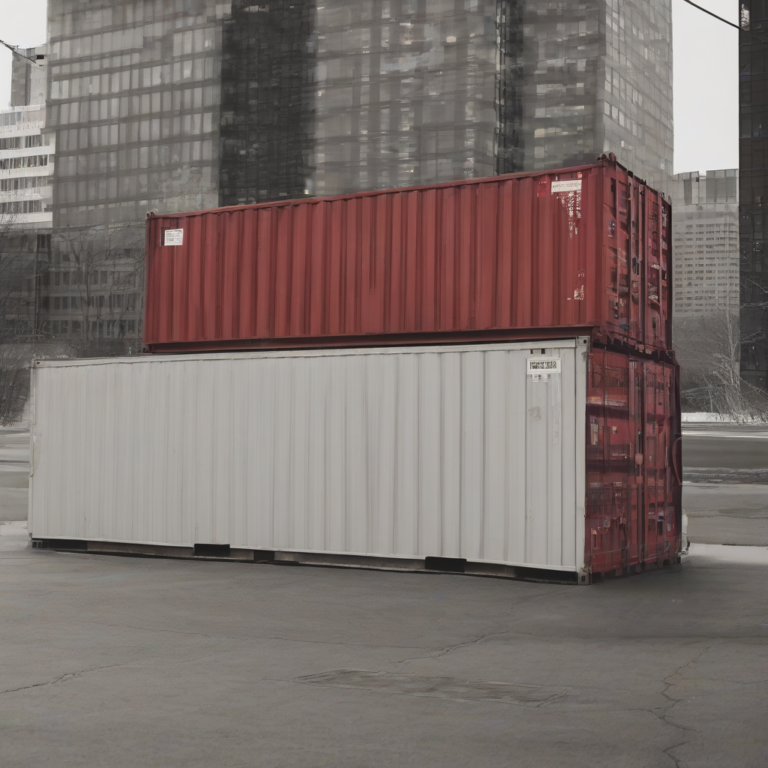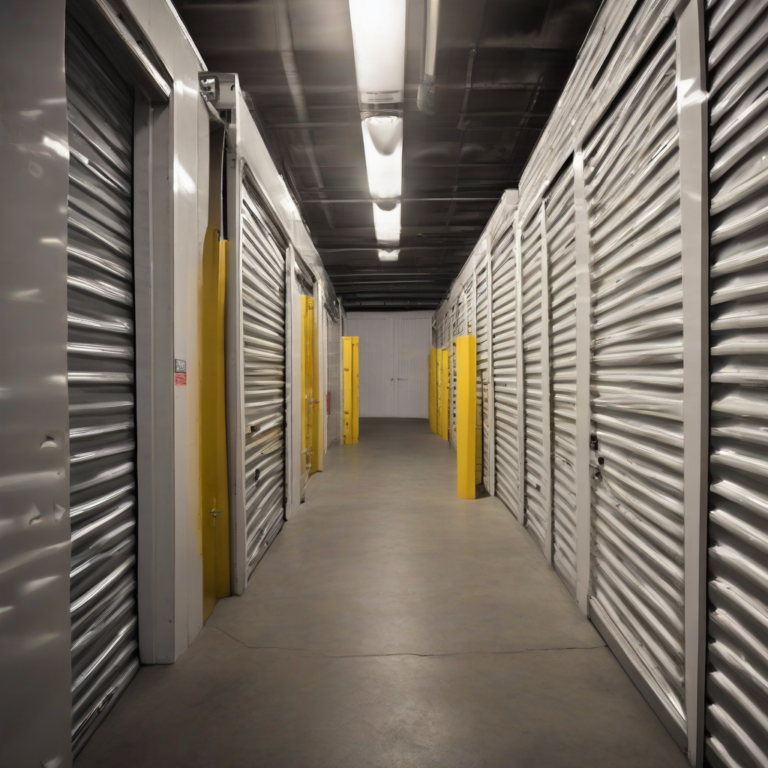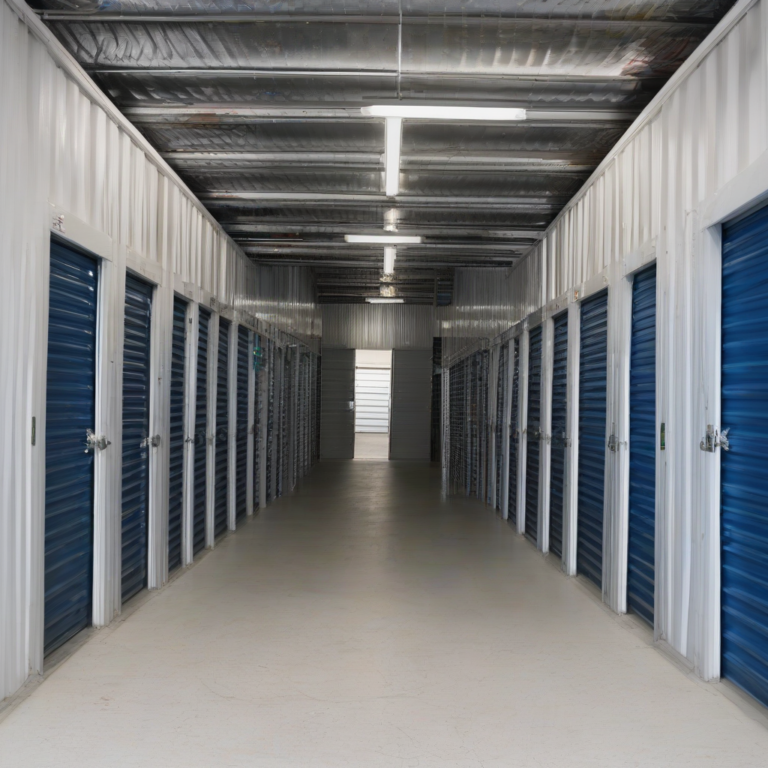Your Ultimate Guide to Mini Storage in Fremont: Finding the Perfect Space for Your Needs
Your Ultimate Guide to Mini Storage in Fremont: Finding the Perfect Space for Your Needs
Fremont, California, a vibrant city brimming with innovation and opportunity, also presents its residents and businesses with storage challenges. Whether you’re decluttering your home, managing a business inventory, or simply needing a temporary solution for your belongings, finding the right mini storage unit in Fremont is crucial. This comprehensive guide will walk you through everything you need to know to make an informed decision.
Understanding Your Storage Needs
Before diving into the specifics of Fremont’s mini storage landscape, it’s essential to assess your needs. This will help you narrow down your search and avoid unnecessary costs. Consider the following:
- Volume of items: How much space do you actually need? Measure your items carefully to get an accurate estimate. Avoid renting a unit that’s too large, as this will be a waste of money. Conversely, a unit that’s too small can lead to inconvenience and potential damage.
- Type of items: Are you storing furniture, documents, seasonal items, or business inventory? The type of items will influence your choice of unit features, such as climate control or extra security.
- Duration of storage: How long will you need the unit? Some facilities offer short-term rentals, while others specialize in long-term storage. This will significantly impact your overall cost.
- Accessibility: How often will you need to access your belongings? Consider the facility’s hours of operation and its accessibility, such as drive-up units or convenient loading areas.
- Budget: Mini storage costs vary greatly depending on location, unit size, and features. Set a budget beforehand to help you make a realistic choice.
Types of Mini Storage Units in Fremont
Fremont offers a variety of mini storage unit types to cater to diverse needs. Understanding these options will assist you in selecting the most appropriate solution.
- Indoor Units: These units offer protection from the elements and are generally more secure. They’re ideal for sensitive items like furniture, electronics, and documents.
- Outdoor Units: These units are typically more affordable but are exposed to the weather. They are suitable for storing items that are less susceptible to damage from rain or sun.
- Climate-Controlled Units: For items sensitive to temperature and humidity fluctuations, climate-controlled units provide a stable environment. This is crucial for protecting artwork, electronics, and other delicate items.
- Drive-Up Units: These units allow for easy loading and unloading directly from your vehicle, making them convenient for larger items and frequent access.
- Vehicle Storage: Some facilities provide secure storage for vehicles such as cars, boats, and RVs. This is often a more cost-effective alternative to home parking or private garages.
Finding the Right Mini Storage Facility in Fremont
With numerous mini storage facilities scattered throughout Fremont, finding the right one can seem daunting. Here’s how to narrow your search:
- Online Search: Use search engines like Google, Bing, or specialized storage directories to find facilities in your desired location in Fremont. Look at online reviews and compare prices and features.
- Local Directories: Consult local business directories or community resources for a list of storage facilities in Fremont.
- Word-of-Mouth: Ask friends, family, neighbors, or colleagues for recommendations. Personal recommendations can be invaluable.
- Visit Facilities: Once you’ve shortlisted a few options, visit the facilities in person. Check the cleanliness, security features, accessibility, and overall condition of the units and the facility itself.
- Compare Prices and Contracts: Carefully examine the rental agreement, including the monthly rate, lease terms, late payment fees, and insurance requirements. Compare prices across different facilities to ensure you’re getting the best deal.
Factors to Consider When Choosing a Mini Storage Facility
Beyond unit type and price, several other factors are crucial to consider when making your decision:
- Security: Look for facilities with robust security features such as security cameras, perimeter fencing, gated access, and well-lit areas.
- Insurance: Inquire about insurance options to protect your belongings in case of damage or theft. Some facilities offer insurance, while others require you to provide your own.
- Accessibility and Hours of Operation: Consider the facility’s hours of operation and its accessibility, particularly if you need frequent access to your belongings. Some facilities offer 24/7 access, while others have more limited hours.
- Customer Service: Evaluate the customer service you receive during your interactions with the facility staff. A responsive and helpful staff can make a significant difference.
- Reputation and Reviews: Read online reviews and check the facility’s reputation to gauge the experiences of other customers. Look for consistent positive feedback regarding customer service, security, and cleanliness.
- Location and Convenience: Choose a facility that’s conveniently located, considering proximity to your home or business, and ease of access.
- Additional Amenities: Some facilities offer additional amenities such as moving supplies, dollies, and packing materials. Check if these services are available and if they are included in the rental price.
Protecting Your Belongings in Mini Storage
Once you’ve chosen a mini storage unit, proper preparation is key to protecting your belongings.
- Packing: Pack your items carefully using appropriate packing materials. Use sturdy boxes, wrap fragile items, and label boxes clearly.
- Inventory: Create an inventory list of everything you store, including descriptions and photos. This is essential for insurance purposes.
- Pest Control: Take steps to prevent pest infestations by ensuring items are clean and dry before storing. Consider using mothballs or other pest deterrents.
- Climate Control: If using a climate-controlled unit, monitor the temperature and humidity to ensure optimal conditions for your stored items.
- Regular Inspections: Periodically check on your belongings to ensure everything is in good condition. This helps detect any potential issues early on.
Moving Tips for Mini Storage in Fremont
Moving your belongings into mini storage can be made smoother with these tips:
- Plan Ahead: Schedule your move in advance, allowing ample time for packing and transportation.
- Gather Supplies: Ensure you have all necessary packing materials, including boxes, tape, bubble wrap, and markers.
- Hire Help: If you need assistance, consider hiring professional movers or asking friends and family for help.
- Protect Your Vehicle: Cover your vehicle with a tarp or use blankets to protect it during the move.
- Organize Your Unit: Organize your unit effectively to maximize space and make accessing items easier later.
Understanding Mini Storage Costs in Fremont
Mini storage costs in Fremont are influenced by several factors. Understanding these factors will help you budget effectively:
- Unit Size: Larger units naturally command higher rental fees.
- Location: Facilities in more desirable locations in Fremont tend to be more expensive.
- Unit Type: Climate-controlled units generally cost more than standard units.
- Lease Term: Longer lease terms may offer discounted rates.
- Insurance: The cost of insurance, if required, will add to your overall expenses.
Legal Considerations for Mini Storage in Fremont
It is crucial to understand the legal aspects involved in renting a mini storage unit in Fremont:
- Rental Agreement: Thoroughly review the rental agreement before signing, paying attention to all terms and conditions.
- Liability: Understand your liability for any damage to the unit or the facility.
- Liens: Be aware of potential liens that could be placed on your belongings if you fail to pay rent.
- Eviction Policies: Understand the facility’s eviction policies in case of non-payment or violation of the rental agreement.
Conclusion (Omitted as per instructions)






